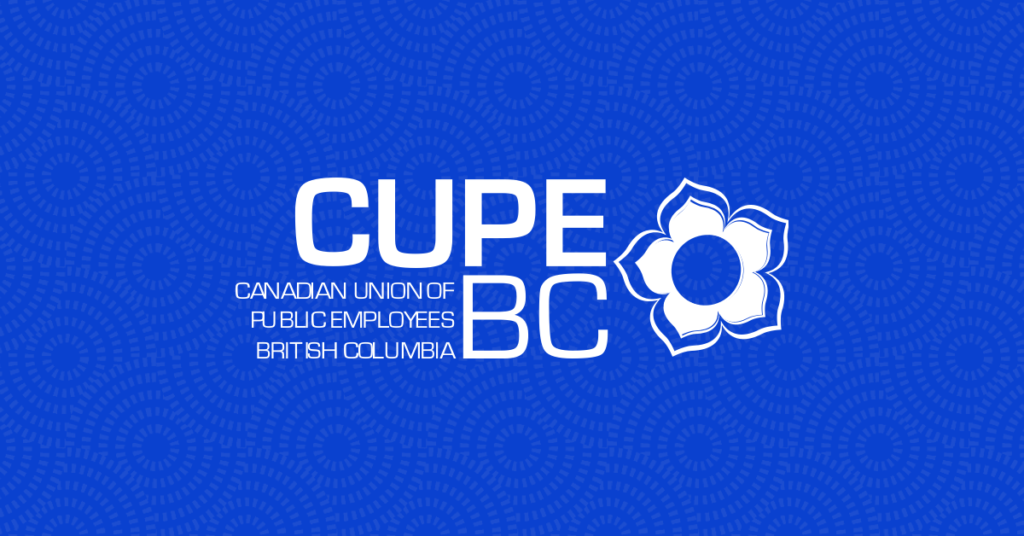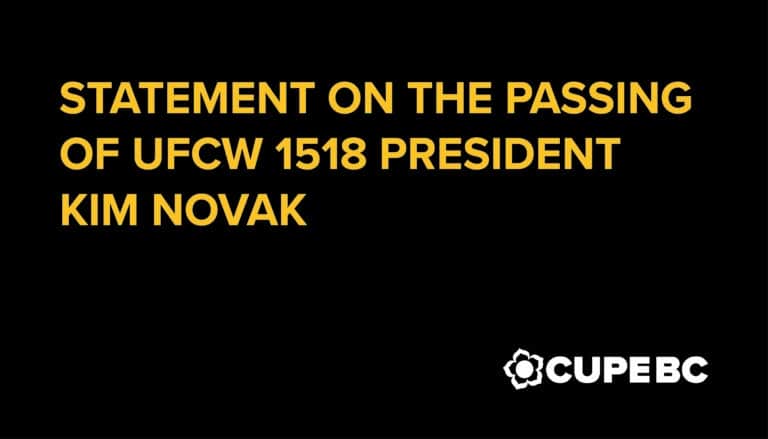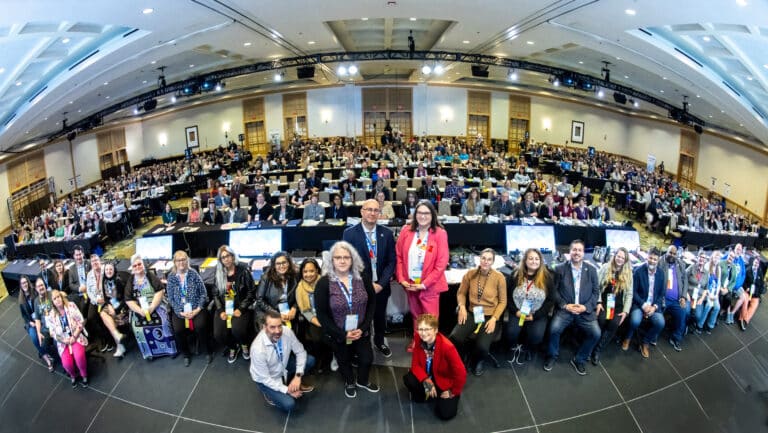VICTORIA – New public consultations for the development of sewage treatment are underway in the Capital Regional District (CRD). Select Committees for the Eastside and Westside of the CRD’s Core Area are conducting separate consultation processes and inviting public participation. At the end of consultations, the two committees will come together to discuss solutions that could work across the entire Core Area.
CUPE members and others who support publicly owned and operated sewage treatment have a number of options to get involved and be part of discussions.
On the Eastside, a kickoff event will be held on Wednesday, April 29 at the Royal BC Museum in the Clifford Carl Hall, 675 Belleville St., starting at 7 p.m. The meeting is open to the public and will have both a briefing and workshop component. The Eastside Select Committee will be hosting the future events as well. More information is available at www.crd.bc.ca/Eastside.
On the Westside, the Westside Select Committee will be hosting Innovation Days at Royal Roads University, April 28-30. The three-day event will feature seven presentations by technology companies who recently responded to the Committee’s Request for Technical Information. Presentations are scheduled to last about one hour, including a short question and answer period.
Invitations were sent out for this event. However, additional attendees may be accommodated, but seating at the venue is limited and is available on a first come, first served basis.
More information about this and other consultations on the westside can be found at www.westsidesolutions.ca.
Why public ownership and operation matters
There are many arguments in favour of public ownership and operation.
Protecting the environment and public control are linked. Public control means the public interest, and not private corporate interests, will drive decisions. Local government decisions are most often done in public and are much more accountable and transparent than those made by private corporations. And in the end, environmental risk and damage always end up as a public concern and responsibility.
Privatization costs more. Public-private partnerships or P3s are a taxpayer rip-off. They cost more than public operation. Private corporations take on P3 projects to make money. They answer to shareholders, not the public or taxpayers. Private financing costs more and the “mark up” for taking on risk and meeting profit targets adds significantly to the cost of P3 projects. British Columbia’s Auditor General, Carol Bellringer recently offered strong evidence of this in her annual report where she found that government is paying nearly twice as much for borrowing through P3s as it would if it borrowed the money itself.
Taxpayers “run the risk” in the end. If things go wrong, private corporations can walk away. Government and taxpayers cannot. We end up with the problem and ultimately pay to clean up the economic and sometimes, environmental mess.
P3S lock us into decades-long contracts. They lock our local governments and communities in to 30-or-more-year contracts. This limits current and future generations having a say in a key part of their community. Multi-decade contracts also limit how flexible our communities can be in terms of using new technologies or responding to new information.
P3 deals are very complex and secretive. P3 deals are secretive and negotiated behind closed doors. By the time they are finished, the contracts are huge and incomprehensible even to the staff of cities that are “purchasing” the service.
Focusing on local employment and economic development. When private corporations run the show contracts often go to big corporations and we lose local investment, tax resources and jobs. We want local government to be able to offer the next generations challenging jobs that pay decently and allow the students of today to stay in our communities and have successful careers. Investing in public services is part of that.





